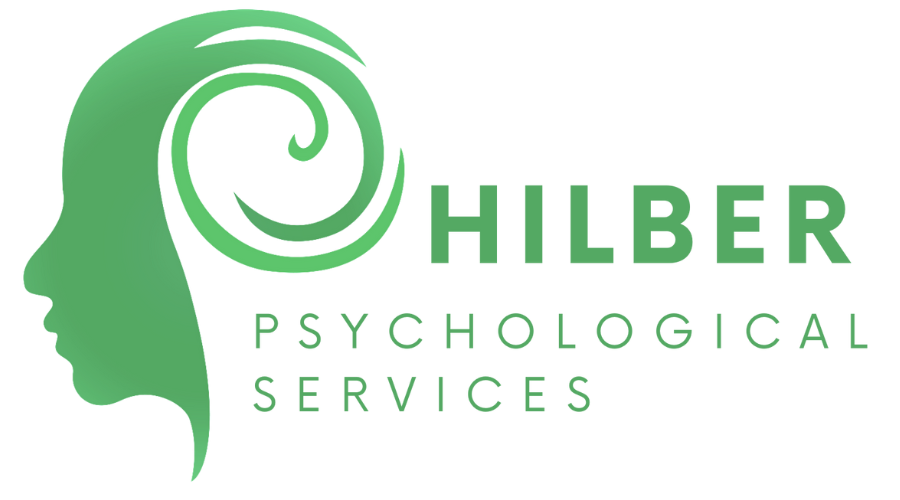Parental Therapy for Children who have Anxiety
In the article, “New Childhood Anxiety Treatment Focuses on the Parents,” author Matt Kristoffersen discusses how Supportive Parenting for Anxious Childhood Emotions (SPACE) is an alternative to behavioral therapy used to treat childhood anxiety. He acknowledges that it all starts with the parents and how they perceive their child’s anxiety in the given situation.
Stated by the National Institute of Mental Health, “nearly one in three American children will experience at least some kind of anxiety disorder before reaching adulthood.” Although drugs and therapy techniques have shown to be proven successful in the past years, a recent study published in the Journal of the American Academy of Child & Adolescent Psychiatry, promulgates a new technique developed for the parents.
A team of Yale researchers randomly selected 124 children with anxiety and assigned them to a therapy-based group or a parent-only group for 12 weeks. In these meetings they were divided into two groups, one in cognitive behavioral therapy and one in SPACE therapy. They learned how to control their symptoms and confront their fears through therapeutic exposure. The researchers observed that children in the first group never spoke to a therapist about their specific anxiety during the trial. The researchers suggested that parents should support their child in a sense of letting them figure out how to cope with anxiety on their own, by using the SPACE treatment, rather than continuing to oblige to their child’s behavior. For example, “if a child gets anxious when there are guests in the house, parents may stop inviting people over. However, according to the study, children can grow accustomed to these accommodations over time, which can lead to greater difficulty with anxiety later in life.” In this case, parents should take a step back and “replace accommodation with words of support and with expressions of confidence in their children’s abilities to deal with anxiety on their own.”
In the first study administered in 2013, author Lebowitz prompted parents to follow a script of ways to be supportive and reassuring in order to reduce accommodations for their child with anxiety:
“We understand it makes you feel really anxious or afraid,” the script said. “We want you to know that this is perfectly natural and everyone feels afraid some of the time. But we also want you to know that it is our job as your parents to help you get better at things that are hard for you, and we have decided to do exactly that. We are going to be working on this for a while and we know it will probably take time, but we love you too much not to help you when you need help.”
Through SPACE therapy, parents were able to form a much closer relationship with their children than those of the children in the cognitive therapy-based group and help them work on their anxiety problem. Because of this study, “SPACE will provide an alternative for children with anxiety who may not respond well to traditional therapy or who refuse to participate.”
For more information on therapy for anxiety with the parents or the children, or any other therapy, please contact us at Hilber Psychological Services.
-Written by Lily Schmitt and Tanya L. Hilber, PsyD
Reference
Kristoffersen, Matt. “New Childhood Anxiety Treatment Focuses on the Parents.” Yale News. Scitech. Web. 26 March 2019. https://yaledailynews.com/blog/2019/03/26/new-childhood-anxiety-treatment-focuses-on-the-parents/?fbclid=IwAR1_yDjSIF9njsJ6ATplIrWwivPIqbj-OgqtehNYIxvfE85vrVkfTFoOj7k

